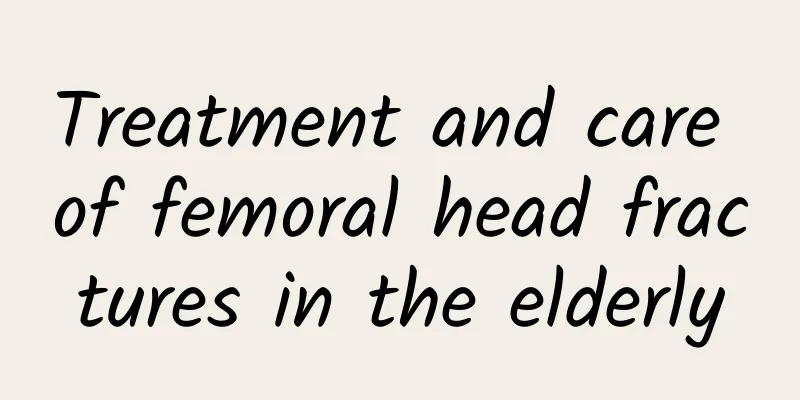What should I do if my testicles are small?

|
Small testicles make many men feel very inferior. It is important to understand whether this is caused by some pathological factors. If it has affected the male sexual function or reproductive function, then you need to pay attention to the doctor's treatment and respond correctly. 1. In clinical practice, we often encounter adult men whose testicles are smaller than normal, and they are worried about affecting their fertility. In fact, small testicles can be physiological or pathological. Physiological small testicles generally do not affect fertility as long as they can produce enough normal sperm. 2. There are many reasons for pathological testicular shrinkage, the most common of which are chronic wasting diseases, endocrine disorders (hypothyroidism and hypopituitarism), persistent high fever, taking large amounts of female hormones, viral orchitis (such as mumps complicated with orchitis), testicular syphilis, etc. These diseases can cause testicular atrophy, resulting in a volume smaller than normal. 3. Pathological testicular atrophy and shrinkage usually affects spermatogonia or spermatocytes in the seminiferous tubules. When these cells atrophy, they cannot produce sperm, or are damaged and cannot produce normal sperm. In addition to the manifestation of testicular atrophy and shrinkage, infertility is often accompanied. However, because interstitial cells that secrete male hormones are less involved, it generally does not affect the development of male reproductive organs and male secondary characteristics (such as beard growth, lower voice, prominent Adam's apple, developed muscles, etc.). However, from the actual clinical situation, severe testicular atrophy and infertility are not common. Whether testicular atrophy is accompanied by fertility disorders can be examined by semen microscopy. If the sperm count is less than 20-60 million per milliliter of semen, and if their activity is reduced and their morphology is abnormal, infertility should be considered. 4. We should take good care of our testicles to prevent diseases. During puberty, boys aged 10 to 12 usually grow pubic hair, their testicles enlarge, and begin to have the ability to produce sperm. If one testicle is larger than the other, it is normal as long as the difference is not particularly large. Pay more attention to observe the changes in your testicles. At this stage, you should prevent mumps, commonly known as "mumps". The mumps virus can invade the testicles and cause damage to the seminiferous tubules. Studies have shown that about 30% of men aged 13-18 who suffer from mumps will have orchitis. Avoid soaking in hot springs and saunas for a long time, and wear less tight pants that are not conducive to heat dissipation in the groin. |
<<: What causes a cold scrotum?
>>: What are the steps to straighten a boy's hair?
Recommend
What causes prostatitis in men?
The most common disease among men is prostatitis,...
Will the harm of prostate cyst affect fertility?
Prostatic cyst is a type of prostate disease that...
How to make almond tofu, delicious dessert DIY
Almond is a nutritious nut that not only contains...
What is the reason why men have a heavy breath?
Bad breath occurs not only in adults, but also in...
Treatment of nerve damage caused by fractures.
Fractures usually occur in athletes or people who...
What are the symptoms of depression and anxiety?
In this noisy society, many people unknowingly st...
Should I use a hot towel or a cold towel for a cold? Which is the best treatment?
Colds are common diseases in people's lives. ...
Causes of white spots on foreskin
There are not only many hidden dangers of disease...
Why don't I get an erection after drinking?
I believe that many male compatriots are proud of...
What causes sweating? Spontaneous sweating or illicit sweating
Sweating is a normal physiological reaction of th...
How to reduce double chin for boys?
Double chin is a very troublesome problem for man...
What is the cause of kidney deficiency and white head? What should I eat?
Many male friends have gray hair due to kidney de...
What are the traditional Chinese medicine diagnosis and treatment methods for varicocele?
Varicose veins mainly occur in young men, and are...
Height 175CM Male intimacy is of higher quality and more quantity
Men's height has always been one of women'...
Shocking! Twelve signs of kidney abnormality in men
Some "minor problems" or "minor fa...









